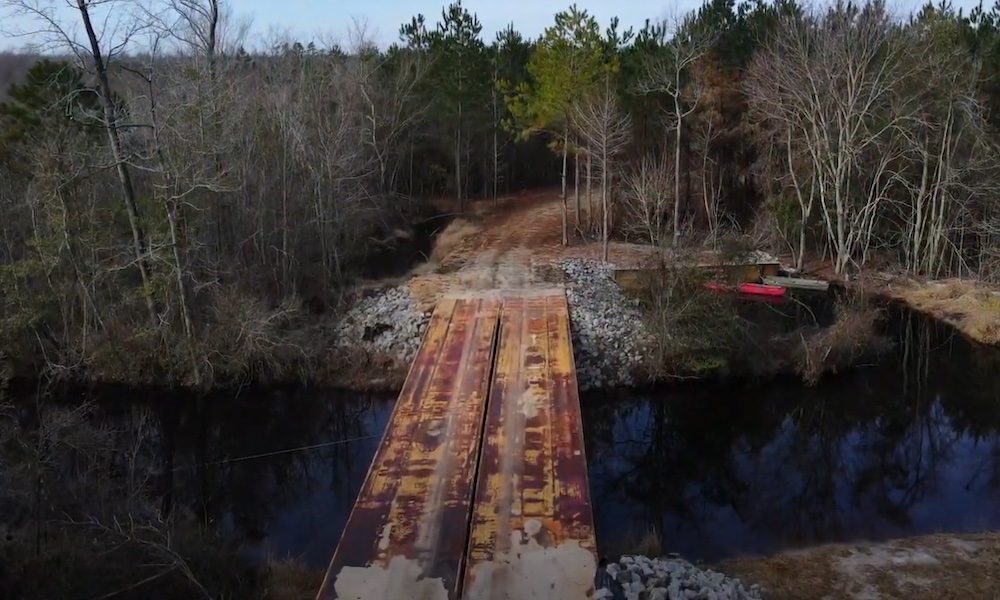
- Details
- By Chez Oxendine
- Real Estate
The Lumbee Tribe of North Carolina has received its first significant land holding through 1,328-acre land transfer from the nonprofit Open Space Institute. The transfer gives the tribe direct control over property along North Carolina’s southeastern border.
The Camp Island property, primarily consisting of forested wetlands that drain into the Lumber River, represents a milestone for the 55,000-member tribe that continues to seek full federal recognition.
“We are excited to reconnect with this land, which we’ve not been able to access for a very long time,” John Lowery, Lumbee tribal chairman, said in a statement. “Our people are outdoors people, and the ability to steward this land for Lumbee and visitors alike is truly special. We are proud to preserve Camp Island for many years to come.”
The land acquisition comes months after President Donald J. Trump signed a January memorandum directing the Department of the Interior to explore paths toward federal recognition for the Lumbee. While recognized in North Carolina since 1885, the tribe received only partial federal recognition through the 1956 Lumbee Act, which denied them federal benefits that federally recognized tribes receive.
OSI acquired the property with funding support from a private family foundation and a North American Wetlands Conservation Act (NAWCA) grant facilitated by conservation group Ducks Unlimited. OSI then donated the property to the Lumbee in late March, according to the tribe’s statement.
The property, previously managed for wood products, will be stewarded for forest and species conservation by the tribe. The NAWCA grant agreement and other deed restrictions will protect the property in perpetuity. It will become part of a network of protected properties between the Lumber and Cape Fear river basins.
Homer Fields, a Lumbee tribal council representative, emphasized the educational opportunities the land will provide. “This gift will give our youth an opportunity to learn about native plants, trees, birds, and local wildlife. We're thrilled about this project,” Fields said.
The Lumbee, the largest tribe east of the Mississippi River and the ninth-largest tribe in the Nation, plan to offer camps focusing on restoration and preservation activities. The tribe has historically lacked a significant land base, despite multiple attempts at gaining full recognition.
Dr. Maria Whitehead, OSI’s senior vice president of land for the Southeast, described the land transfer as a chance to “return it to tribal stewardship and care.”
